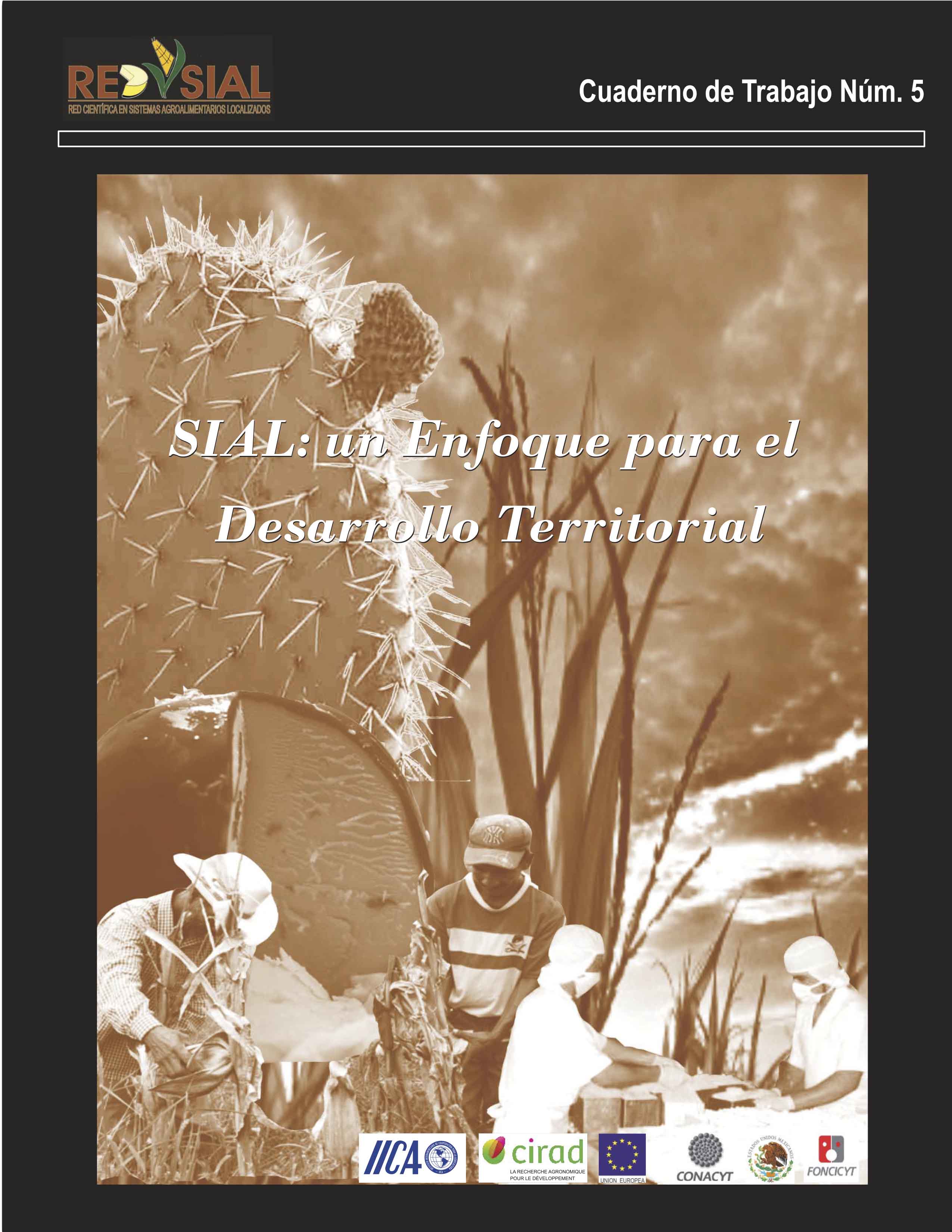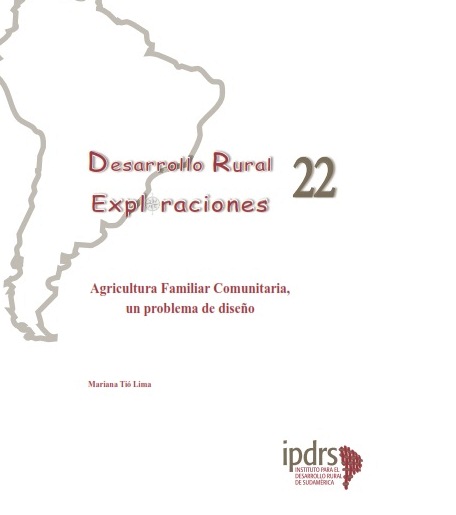Armenia : Poverty Assessment, Volume 1. A Summary of Findings
This report reviews poverty in Armenia
in 2001, and examines the most recent trends covering the
1998/99 to 2001 period. It looks at the determinants of
poverty, and analyzes linkages between economic growth,
sector policies and poverty. The findings are based on two
rounds of the Armenia Integrated Living Conditions Survey
(ILCS), one carried out in 1998/99, and the other in 2001.
The report has contributed to the development of




